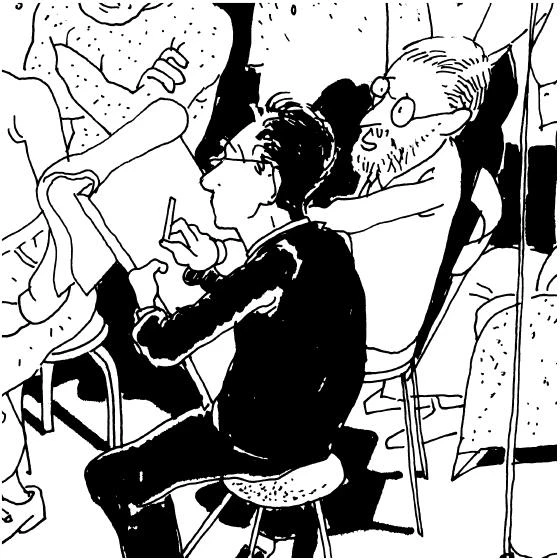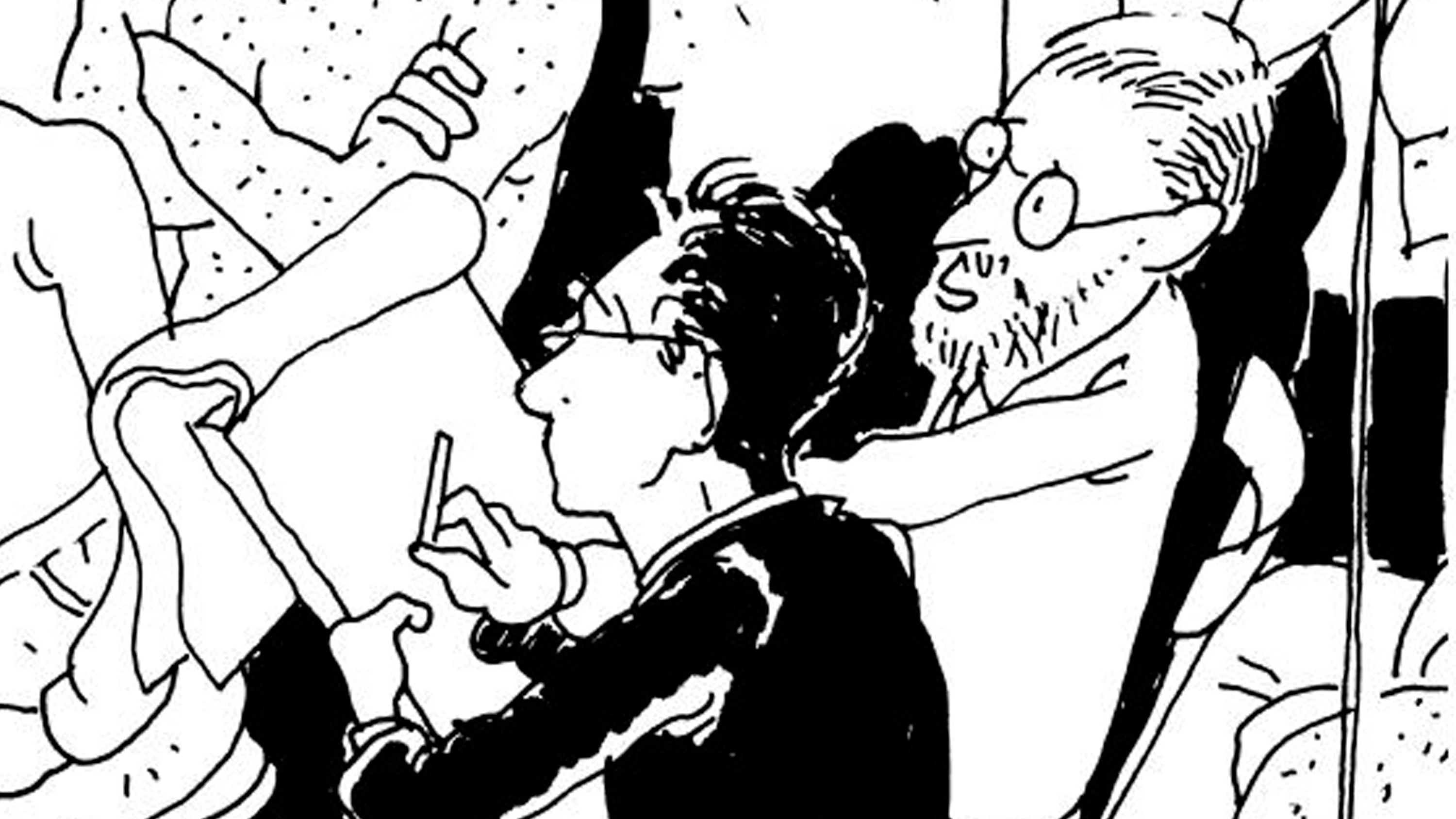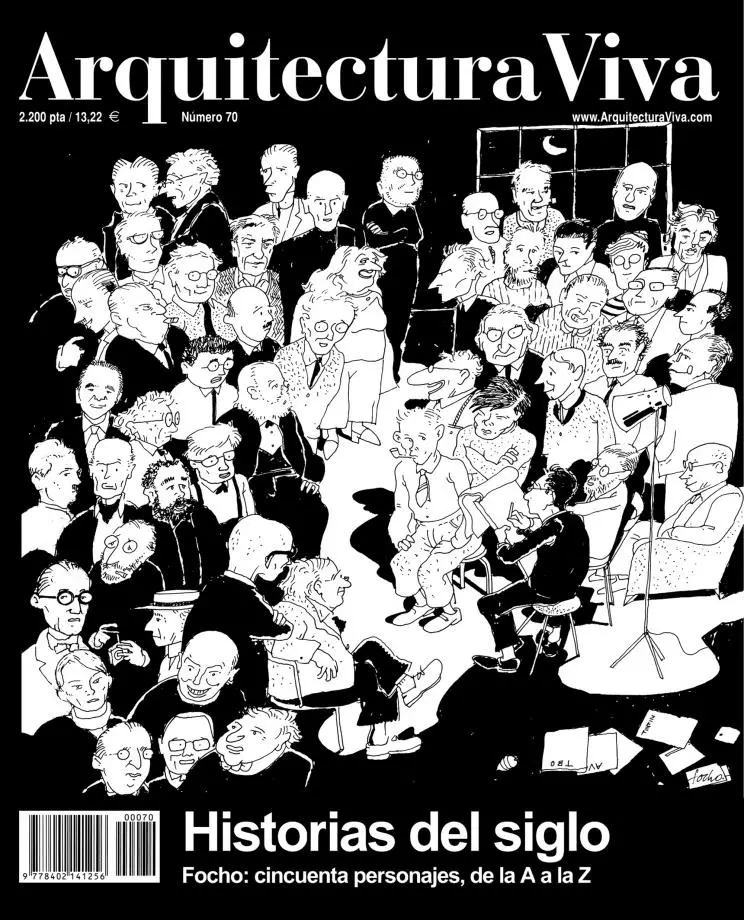
This terrible century clamors for amnesty, more than homage. Amnesty means amnesia, because only anesthetic oblivion can heal the open wounds in the body of a humankind that has seen atrocious catastrophes. And what homage can we give to a century that has put scientific progress at the service of industrialized extermination, and where the fragile fruits of prosperity and liberty nourish an ever growing gap between the opulence of the free and the misery of the subjected? The advance of knowledge and the spread of freedom have had their dark reverse in the multitude of victims left behind by a shaken century, the close of which now calls for penitence, more than jubilation.
Hebrew tradition marked the sabbatical year with a remission of offences and dues, and the Christian orb took from this to institute its own jubilees. But besides the forgiving of sins and debts, the land was allowed to rest so that it might renew itself. As Jacques Le Goff suggests, the turn of the century and millennium may present an opportunity for pardon, as well as for the beginning of «a new youth for the world»: a time of rebirth for a humanity that has multiplied its numbers and divided its certainties, urbanized the planet and thrown its fragile living crust off balance, effected the modern revolution and partaken of its happy and sour fruits.
With the century coming to an end, our jubilee pause evades both contrition and assessment, and tries instead to brighten up its glum countenance through a hundred friendly figures; fifty architects and fifty cartoon heroes linking up their biographies and works to sketch a smiling portrait of a hundred harsh years. Humor is sometimes more caustic than condemnation, but Focho’s pencil saves his characters from abrasive criticism. Rejuvenated by his generous gaze, the protagonists of the century inhabit these pages with a mischievous irreverence that does not exclude the occasional irruption of skepticism or melancholy: irony protects us from the fake bubbles and sharp edges of the world without hiding the scars of knowledge.
There is no choral canon to be found in this kaleidoscopic rejoicing. The alphabetical criterion leads from Aalto to Zumthor, and chronology engenders a Catalan string that stretches from Gaudí to Miralles, while geographic dispersion has made Hispanics take priority over the European nations that spearheaded the Modern Movement, as well as over those who made the 20th an American century. Many will miss Wagner, Sullivan or Berlage; others might demand the presence of Van de Velde, Behrens or Perret; and some will search in vain for Taut, Oud or Scharoun. But this rowdy gathering has been more charitable to recent figures than to old masters, forgetting perhaps that the youth of architecture that the jubilee claims often feeds on the past.[+]






